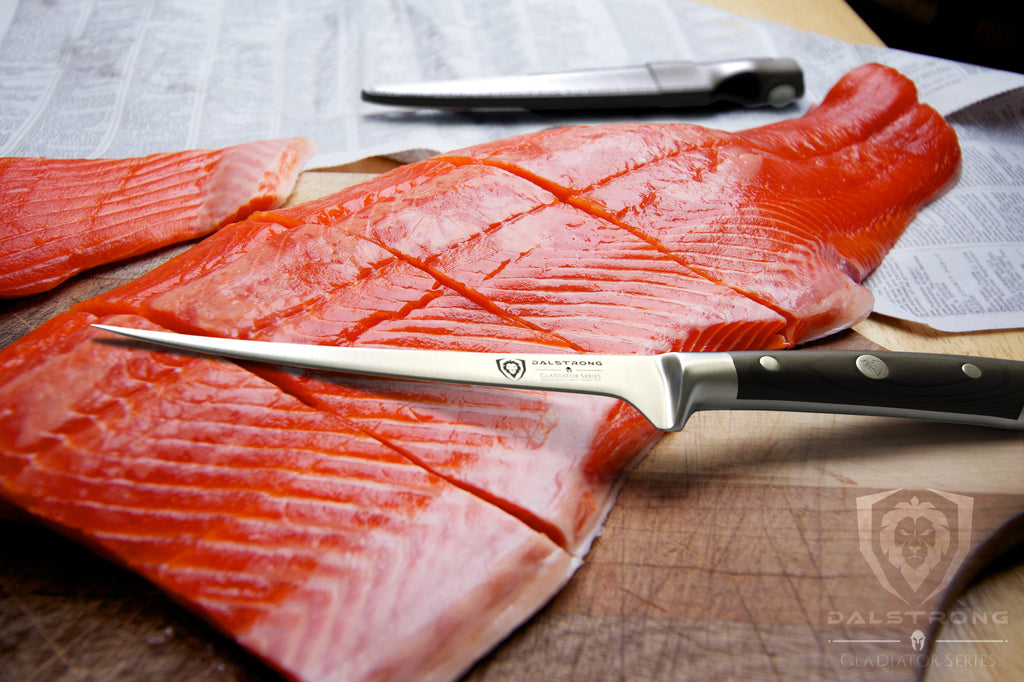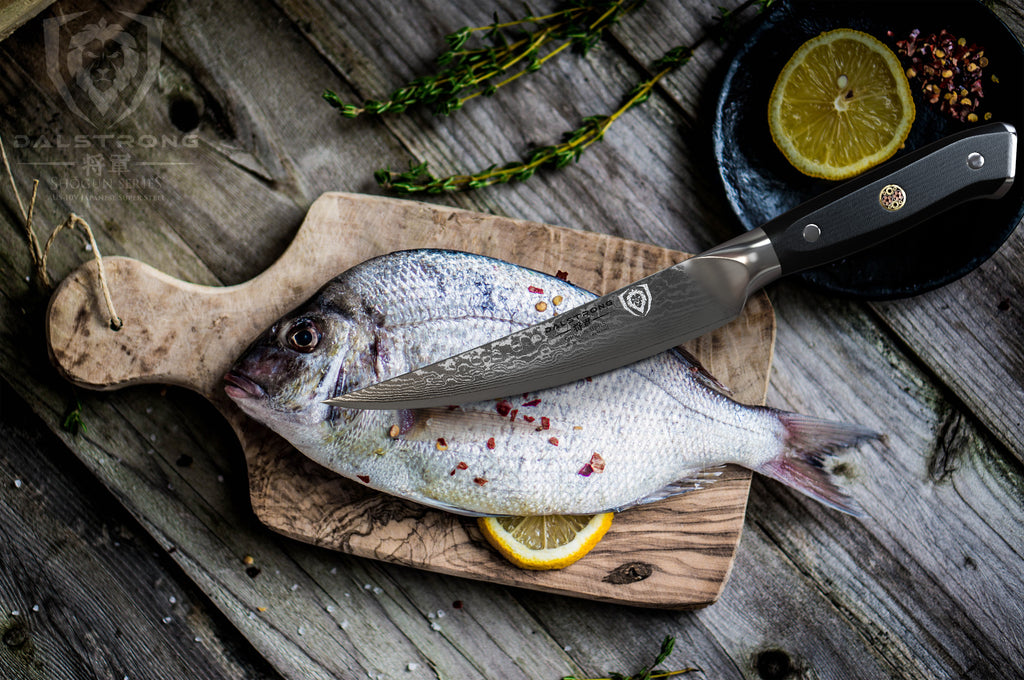Filleting a bass can be a rewarding experience, especially when using the right tools. For kitchen hobbyists, understanding the process of how to fillet a bass with electric knife can elevate your culinary skills. With some practice, you can achieve a perfectly filleted fish every time.

Introduction to Filleting Bass
Filleting a bass involves removing the bones and unwanted parts while preserving as much meat as possible. Traditional knives can be effective, but using an electric knife speeds up the process and ensures precision. Here, we outline the steps and provide tips to help you fillet your bass efficiently.
Why Use an Electric Knife?
Electric knives are designed to cut through the fish effortlessly, offering clean and precise cuts. This eliminates the need for excessive force and minimizes the risk of injury. Additionally, an electric knife can drastically reduce the time it takes to fillet a fish, making it a preferred tool for many kitchen enthusiasts.

Preparing Your Tools and Work Area
Gathering Necessary Tools
Before you begin, ensure you have the following tools ready:
- An electric knife
- A cutting board
- A pair of fish filleting gloves
- A clean towel or cloth
Setting Up Your Work Area
Have a clean, stable work surface to lay down your cutting board. Its important to have proper lighting and enough space to maneuver your electric knife safely. Also, consider wearing filleting gloves for added safety and grip.

Steps to Fillet a Bass with an Electric Knife
Step 1: Positioning the Fish
Place the bass on its side on the cutting board. Ensure its securely in place to prevent slipping.
Step 2: Making the Initial Cut
Turn on your electric knife. Start by making a vertical cut just behind the gills, reaching down to the backbone.
Step 3: Cutting Along the Backbone
Turn the knife and carefully cut along the spine towards the tail. This will detach the fillet from the rib cage.
Step 4: Removing the Fillet
Once the fillet is separated, lift it gently. Use the electric knife to trim any remaining bones or skin. Repeat the process on the other side.

Clean Up and Maintenance
Cleaning Your Tools
After filleting your bass, clean the electric knife thoroughly. Remove the blades and wash them with warm soapy water. Allow them to dry completely before reassembling.
Storing Your Electric Knife
Store your electric knife in a safe, dry place. Make sure the blades are covered to prevent accidents. Regular maintenance will extend the life of your knife.
Tips for Better Filleting
Choosing the Right Knife
Not all electric knives are created equal. Ensure the knife you use is specifically designed for filleting fish. Opt for one with sharp, serrated blades.
Practice Makes Perfect
Filleting a bass perfectly takes practice. Dont be discouraged by initial setbacks. The more you practice, the better youll get at handling the knife and making precise cuts.
Common Mistakes to Avoid
Even the most experienced cooks can make mistakes. Here are a few common issues to avoid:
- Pushing too hard: Let the electric knife do the work. Avoid applying excessive force.
- Skipping safety measures: Always wear gloves and maintain a clean, organized workspace.
- Incorrect blade angle: Keep the blade parallel to the backbone for cleaner cuts.
FAQ
How long does it take to fillet a bass with an electric knife?
With practice, the process can take around 10 to 15 minutes per fish.
Can I use any electric knife for filleting fish?
It’s best to use an electric knife specifically designed for filleting fish to ensure precision and safety.
Where can I buy a good electric knife for filleting?
You can purchase quality electric knives from online retailers or kitchen supply stores. Ensure its highly rated and suitable for filleting fish.
Conclusion
Filleting a bass with an electric knife is not only efficient but can also be highly satisfying. With the right tools and a bit of practice, you can create beautiful, clean fillets effortlessly. Embrace this technique and enjoy the delicious results of your hard work in the kitchen. For more information on the different types of kitchen knives visit Healthy Kitchen 101.
As an Amazon Associate, I earn from qualifying purchases.


